Reinventing America’s Schools: Creating a 21st Century Education System, a new book by the Progressive Policy Institute’s David Osborne, is a story of transformation. It is a bracing survey of the most dramatic improvements taking place in urban public education today, in cities as diverse as New Orleans, Denver, Washington, D.C., and Indianapolis.
Read excerpts from Osborne’s new book.
Explore the cities on the forefront of innovation.
Meet some of the creators and changemakers leading the revolution.
Think about what the future of public education can hold for students.
Join us on this journey as we continue to share more stories of America’s changemakers in the coming months.
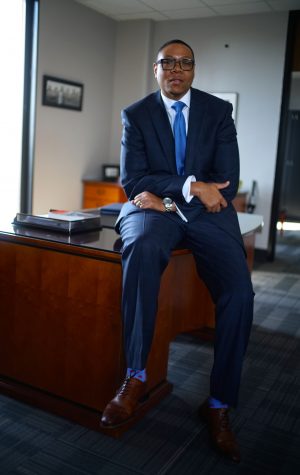
Lewis Ferebee
Superintendent, Indianapolis Public Schools Indianapolis
I think with any change in education, you always try to keep the focus on student learning and student success and how we best support students and their families. But, ultimately when there's significant change, there comes resistance as it relates to adult interest. For me, that continues to be the most trying aspect of all of my work, is that inserted in this effort to provide better service to our students and their families come comfort and discomfort for employees. Typically, when there's significant change, there's a lot of discomfort associated with that. But, we continue to stay committed to our students and their families. We know how important it is to ensure that our students are really, really prepared to take care of themselves or their families when they leave us and prepared for college and career when they leave us. That continues to be our north star.
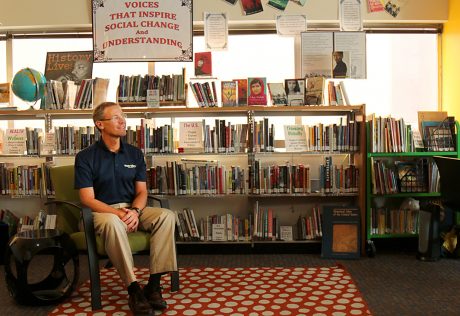
Tom Boasberg
Superintendent, Denver Public Schools Denver
I think it comes from a commitment both from our charters and from us, that we're a heck of a lot better off doing this together and finding solutions together than finger-pointing and blaming each other. I think in too many places in this country there's a very destructive but mutually convenient situation where the district wags its fingers at the charters and says, "You're not serving the same kids. You don't play by the same enrollment rules," but doesn't allow them to do so. It doesn't provide them the resources to do so, in terms of, for example, special education. And the charters, equally bad, sit out there and wag their fingers at the district and say, "You don't give us resources. We don't get the same access," but at the same time don't play by the same rules around enrollment or special education. And each side is almost happier, for its own political self-interest, to opine and criticize and rest easy in a no-compromise world. Compromise is harder, and I think we've put a heck of a lot of time in Denver trying to find compromises.
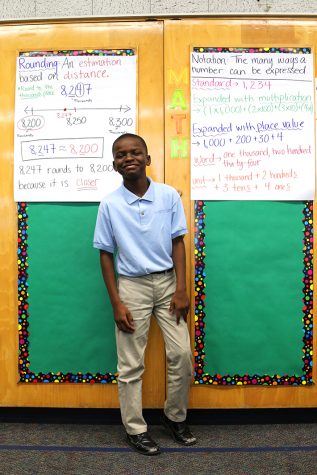
Emmanuel Beya
5th grader in Cornell University classroom, University Prep–Steele Street Denver
Last year we learned about segregation between African Americans and whites, and we also learned about how women back in the day didn't have the right to vote, and they didn't also have the right to have a job. It's important to learn about those things because it will help me in the future, because I really want to go to Virginia Tech as my college, and I could get a scholarship to go there. And it could help me, and my family, have a better life. It could also help me because I could learn more, and my brain could get bigger. And it could also help me become a smarter kid, and helps others who aren't smart.
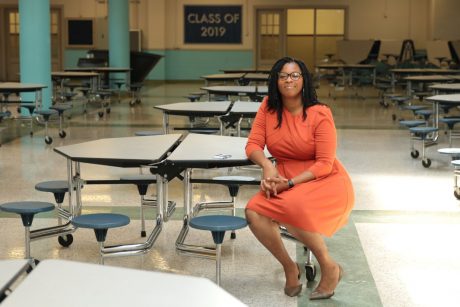
Towana Pierre-Floyd
Founder & School Leader, KIPP Renaissance Early College Academy New Orleans
I'm a product of the New Orleans Public School system, a very proud product. I know that sometimes the story we tell of New Orleans education before Katrina is a really negative one, but there were incredible teachers, incredible schools here far before I got here, whose shoes I stand in and whose shoulders I'm standing on. This work matters so much to me because this is home. This is the place where any opportunities I've gotten really came from, and so the opportunity to give those opportunities back to my students matters so much. I think beyond that, the history of this city is so rich and incredible and people of color have meant so much to this city, especially when you talk about the music and the food and the history.
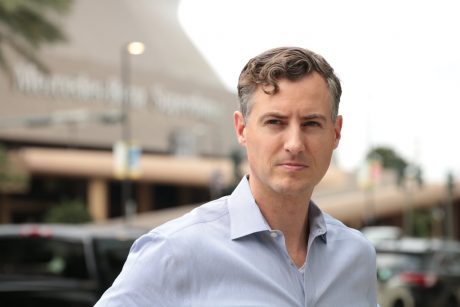
John White
Louisiana State Superintendent of Public Education New Orleans
In a place of such dramatic homelessness, such dramatic transience, such dramatic unemployment, such dramatic violence — for all of its strengths, New Orleans has those issues — we can sit around and wait for somebody in the central office or in Washington to start some program that might solve it, or we can just do it ourselves.
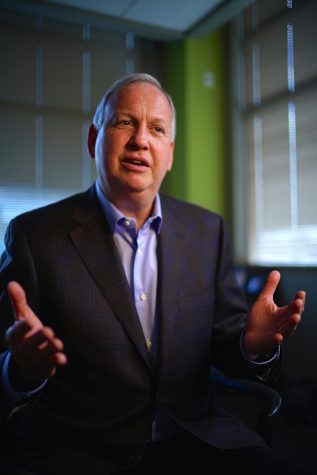
Bart Peterson
Board chair, The Mind Trust & former Mayor, City of Indianapolis Indianapolis
A mayor has the ability to put their hands right on the challenges and figure out solutions unlike, in my view, any other elected official. I've been a big believer in the theory of the importance of the role of a mayor. Now I think we've got enough data behind it to show that you really can make a difference that is unlike a difference that any other elected official can make.
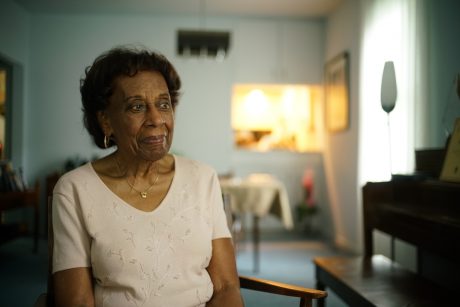
Josephine Baker
Former Chair & Executive Director, D.C. Public Charter School Board Washington, D.C.
The main thing was that we wanted to serve children well. There was no point in opening schools that were not going to do that. We had already had enough of that. Not that DCPS wasn't trying, I think sincerely they were, but they were encumbered by themselves, by their attitudes, by history. We didn't have the history to encumber us, so we were able to strike out on our own without anything really pulling us back other than all the sideshows, but that was OK too. Sometimes that's invigorating.
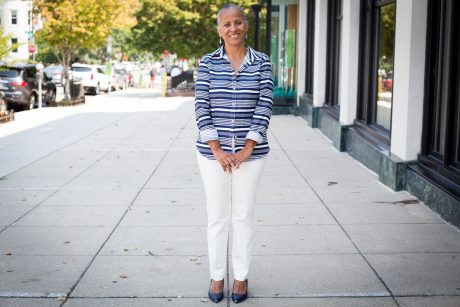
Irasema Salcido
Founder, Cesar Chavez Public Charter Schools for Public Policy Washington, D.C.
I started in a basement in Southwest, three floors down because that was the only space available. And for those of us that were opening schools, you didn't have a choice to wait until the contract can be negotiated 'cause you have to open school in September. And quickly I realized how difficult it was gonna be in the operations piece, because even when I was opening, though I had the space, I needed dividers because there was no walls. It was really hard to start at a basement, as you can imagine. I was thinking, "My goodness, how can parents trust me?" They're sending their kids here and we're in the nation's capital and here I am starting at a basement. But I think what kept me going is just realizing what makes the difference is the fact that we're gonna have high expectations for the students. The fact that I have amazing staff, dedicated staff, that we're gonna have tutoring, that we're gonna do whatever it takes to make sure our students succeed, that that's what matters at the end.

